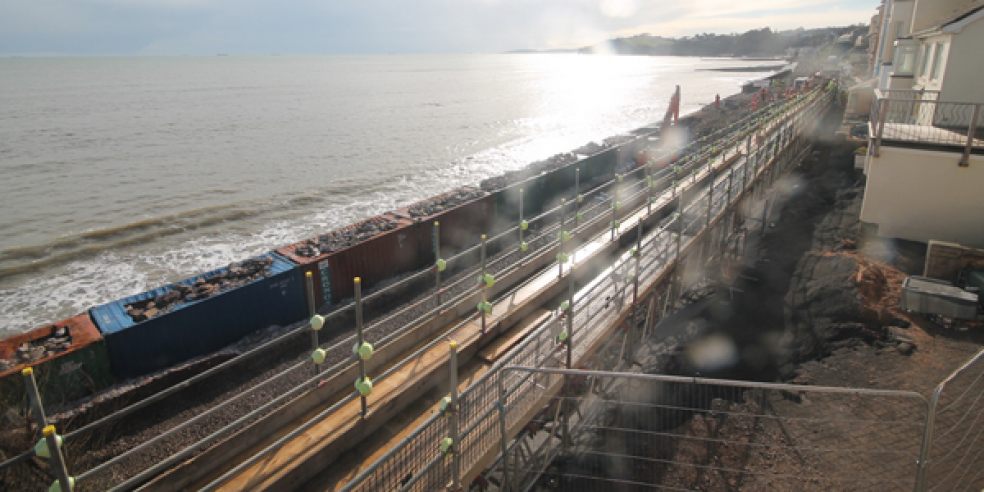
SW Greens accuse MEPs of voting against flood protection
As floods continue to inflict damage and disruption across the region, South West MEPs are being accused by Greens of voting against important measures to prevent and tackle flooding proposed in the EU in 2012.
An EU resolution in 2012 built on directives (EU law) that called on Member States to, ‘draw up maps identifying all areas posing a risk of flooding… and the potential damage for local populations, property and the environment’. EU law has also said that National States must ‘prepare and implement flood risk management plans for each river basin district’ and ‘consider where possible the maintenance and/or restoration of floodplains, as well as measures to prevent and reduce damage to human health, the environment, cultural heritage and economic activity.’
However, when South West MEPs had an opportunity to back up EU law by supporting a resolution identifying important measures to prevent and tackle flooding in 2012, not a single South West MEP voted in favour; the regions two UKIP MEPs did not even bother to vote.
The 2012 vote sought to reinforce and underline the need for water management to reflect changing needs resulting from climate change. It identified that, ‘water is particularly vulnerable to the effects of climate change … water management plays a vital role in… all aspects of resource use and economic production … and the transition to a green economy can only be achieved by taking into account water-related challenges’.
Molly Scott Cato, leading South West Green Party candidate for the European Elections said:
“We should have been ready for this winter’s floods, with predictions and plans in place that would have helped us all stay safe. The suggestions were all there in European Union directives going back to 2007. The 2012 Resolution gave MEPs an opportunity to acknowledge that climate change demands new water management measures. Our EU representatives have failed to support thinking that could have made us more resilient in the face of changing weather patterns and increased risk of extreme weather events. It’s time for the EU and UK to build climate resilience into all areas of government, to protect us from flooding and other risks associated with climate change.”

















